Let’s get the hard part over with: talking about pain makes people uncomfortable. And talking about chronic pain makes people really uncomfortable. Talking about pain means acknowledging that it exists, and talking about chronic pain means acknowledging that it might never get better. I could you tell you that a migraine attack feels like a thousand knives stabbing my skull; that occipital neuralgia feels like a jolt of electricity leaves a burning hole in my head; that cervicogenic headache is a deep, unbearable tightness of muscles and nerves I didn’t know could be tight – none of that would help you understand the reality that my head hurts, almost every day, and it might never stop hurting.
I don’t remember the first time I heard Chaz Cardigan’s music, but I do know it was when I still lived in a suburban town in central New Jersey. It was probably 2019, or maybe 2018. Since then, I’d always be excited when a new release of his popped up on Spotify, but it wasn’t till I heard “Used To Care” a few months ago that I actually followed him. I saw he’d be playing in West Hollywood on February 6, and when his album A Year In Glassland came out a few days prior, I put it on right away. I listened to it intently – and then I listened to it again and again, three times in a row. The next day (and every day since) I listened to it twice more.
Maybe this will get quoted in a press release or get a thousand retweets or maybe no one will read it at all, but the same way Chaz says the album “fell out of [him]”, this piece fell out of me. I could sit here and praise the clever word plays in “Rashomon”, or the mysterious, intriguing vocal effects in “Cling”, or laud the album for how it blends indie/alt vibes with a hint of folk-pop – but (if you’ve read my writing before, you already know this) that’s not the kind of writer I am. At least not when it comes to music that resonates with me deeply.
A Year In Glassland is comforting and cathartic. It’s not a record about pain; it’s a record about being a person who has pain. Chaz has mentioned on TikTok that he struggles with chronic pain following a whiplash injury – and as someone whose chronic head and neck pain also started pretty suddenly (albeit for quite different reasons), I relate so much to the challenges he describes with navigating life and relationships. Glassland encapsulates so much of what I have felt and how hard it’s been to exist as a person while also trying to treat my pain – it humanizes pain, a reminder that while pain changes you, it doesn’t define you.
On my way out the door to Hotel Ziggy on Tuesday, I found myself frustrated. As I looked in the mirror my hair was a mess. I’d gotten Botox injections for migraine prevention the day before, and my scalp was still especially tender in spots. Biofreeze spray helped with the soreness, but made my hair even messier. Brushing it would’ve helped, but I knew the tug of pulling through tangles would just hurt. I think of “Used to Care”, my favorite track on Glassland – on the one hand, you could take that song to be about apathy and burnout, sure; and in the worst of my health issues and pain, I was so burnt out from existing (opening a jar of pasta sauce would cause sharp, shooting pain in my head - making dinner took all my mental and physical energy) it was hard to care about the things I loved, like music. In the beginnings of my pain, I found solace and comfort in styling my hair – until the very thing I found comfort in began to make my pain worse.
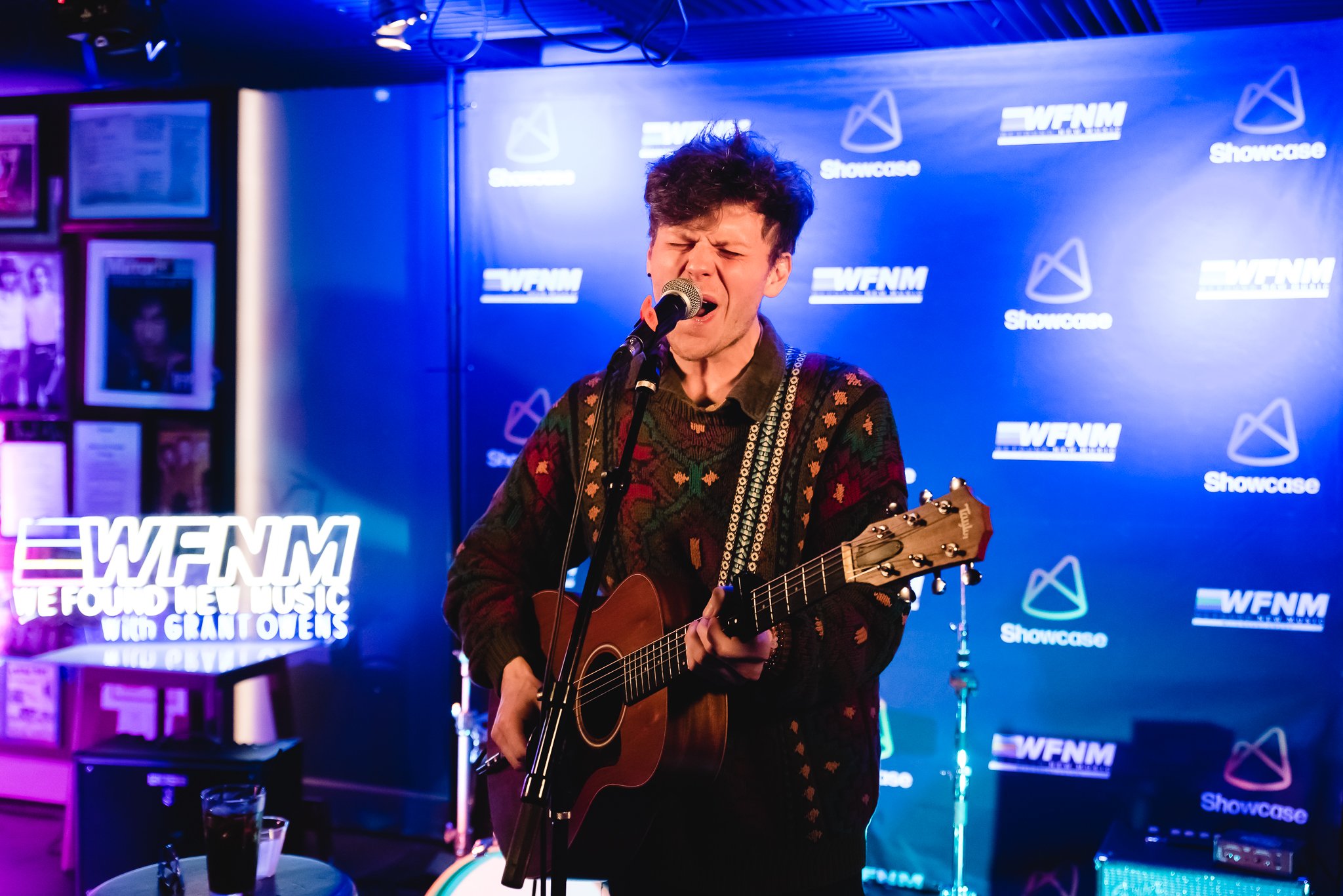
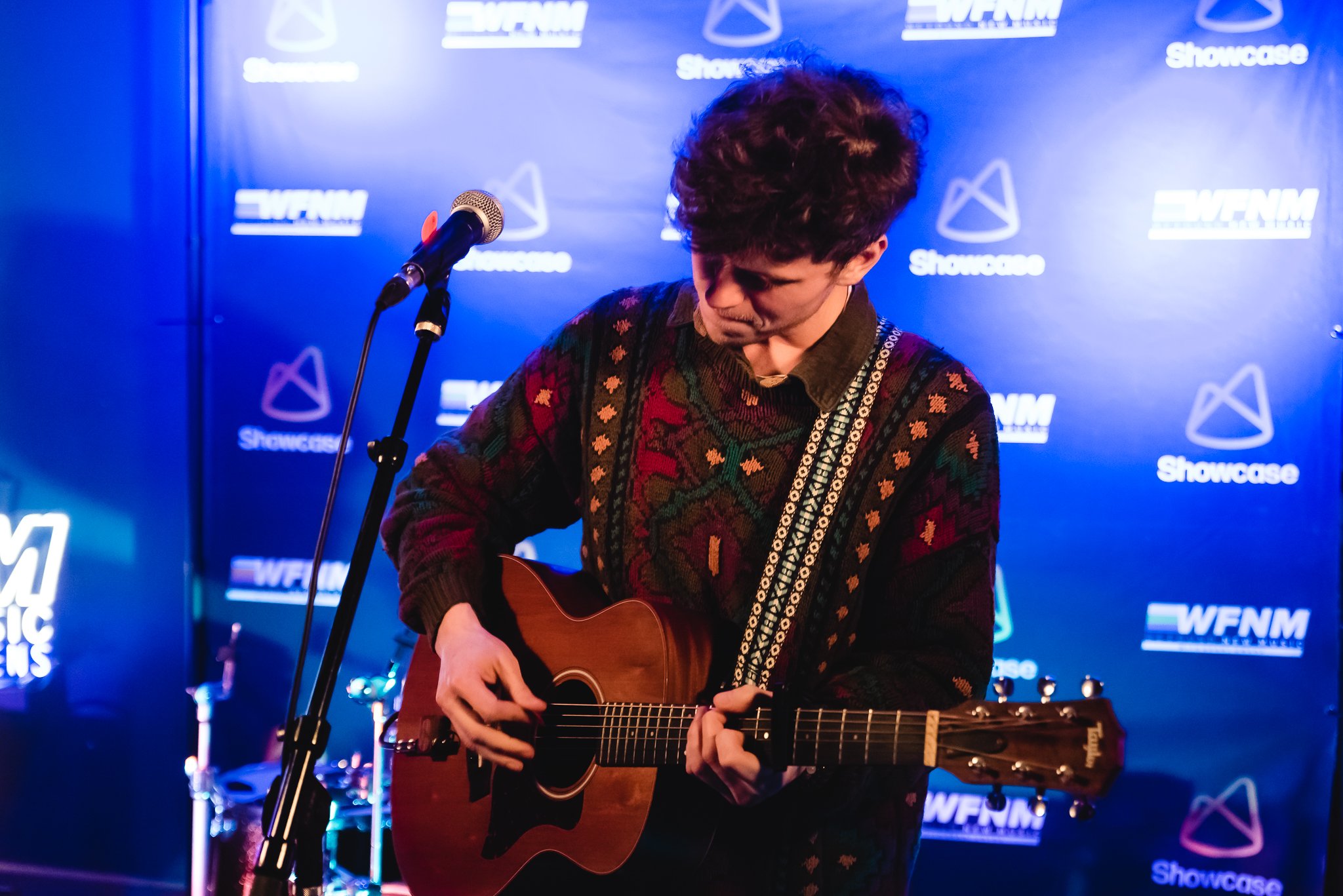
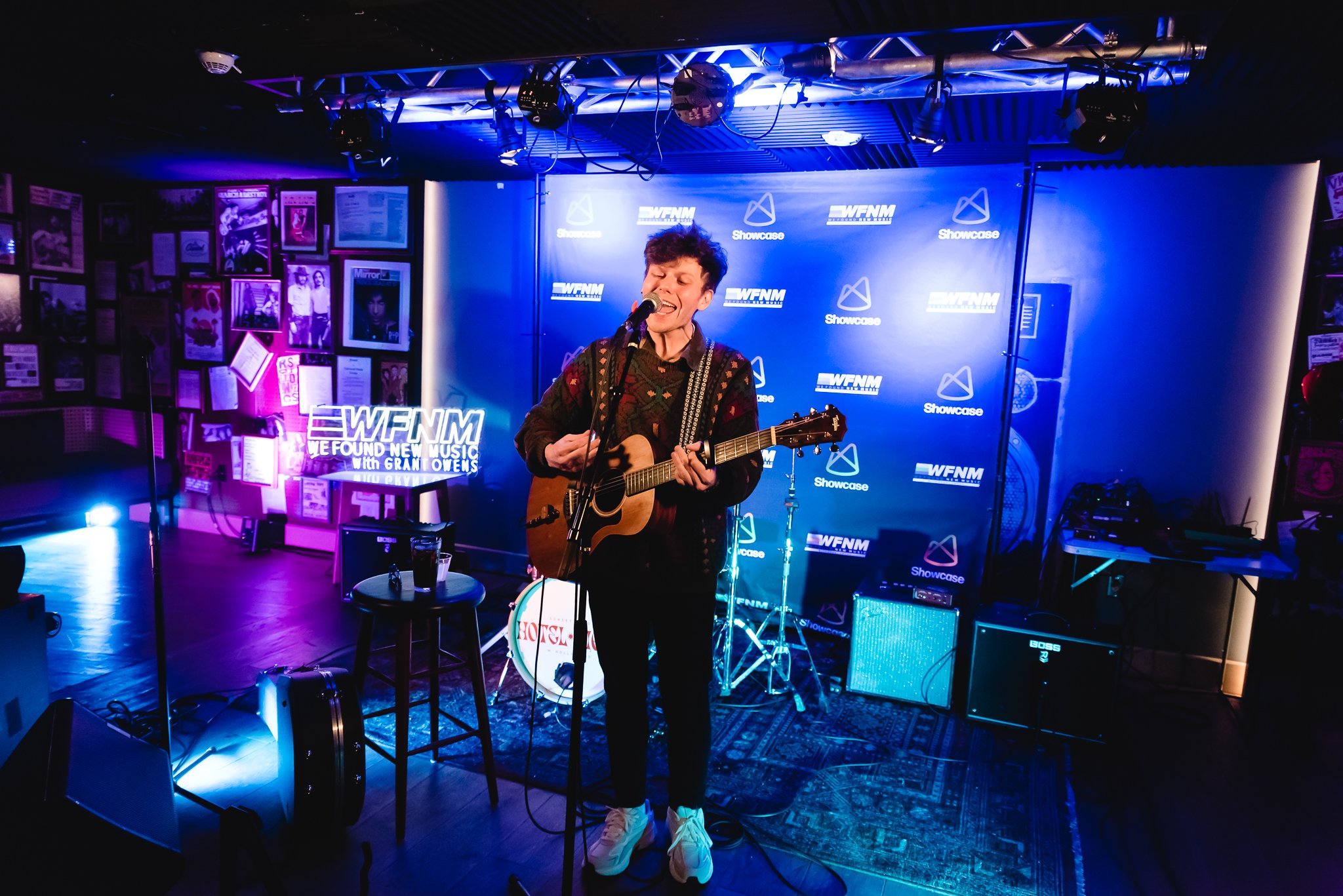
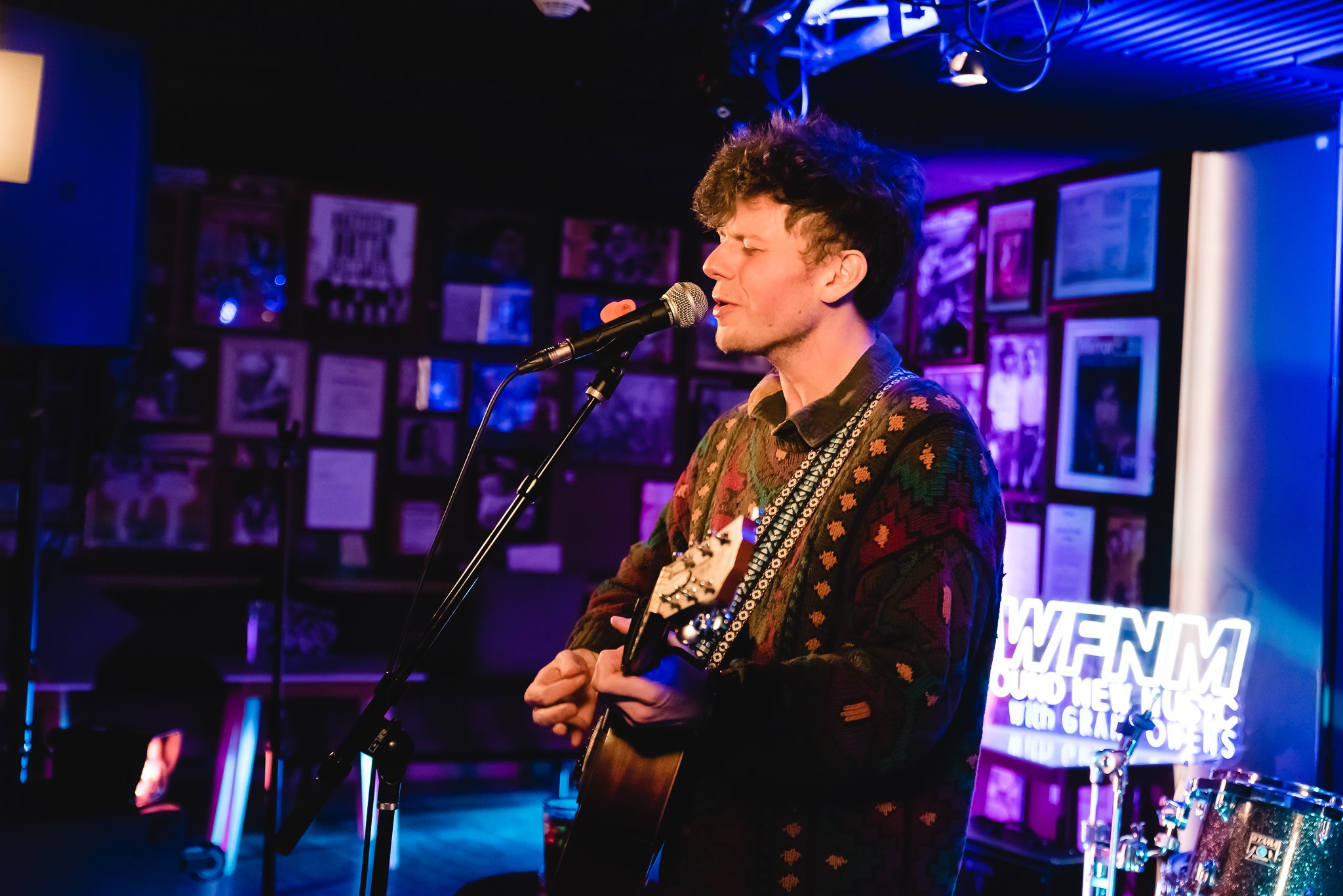
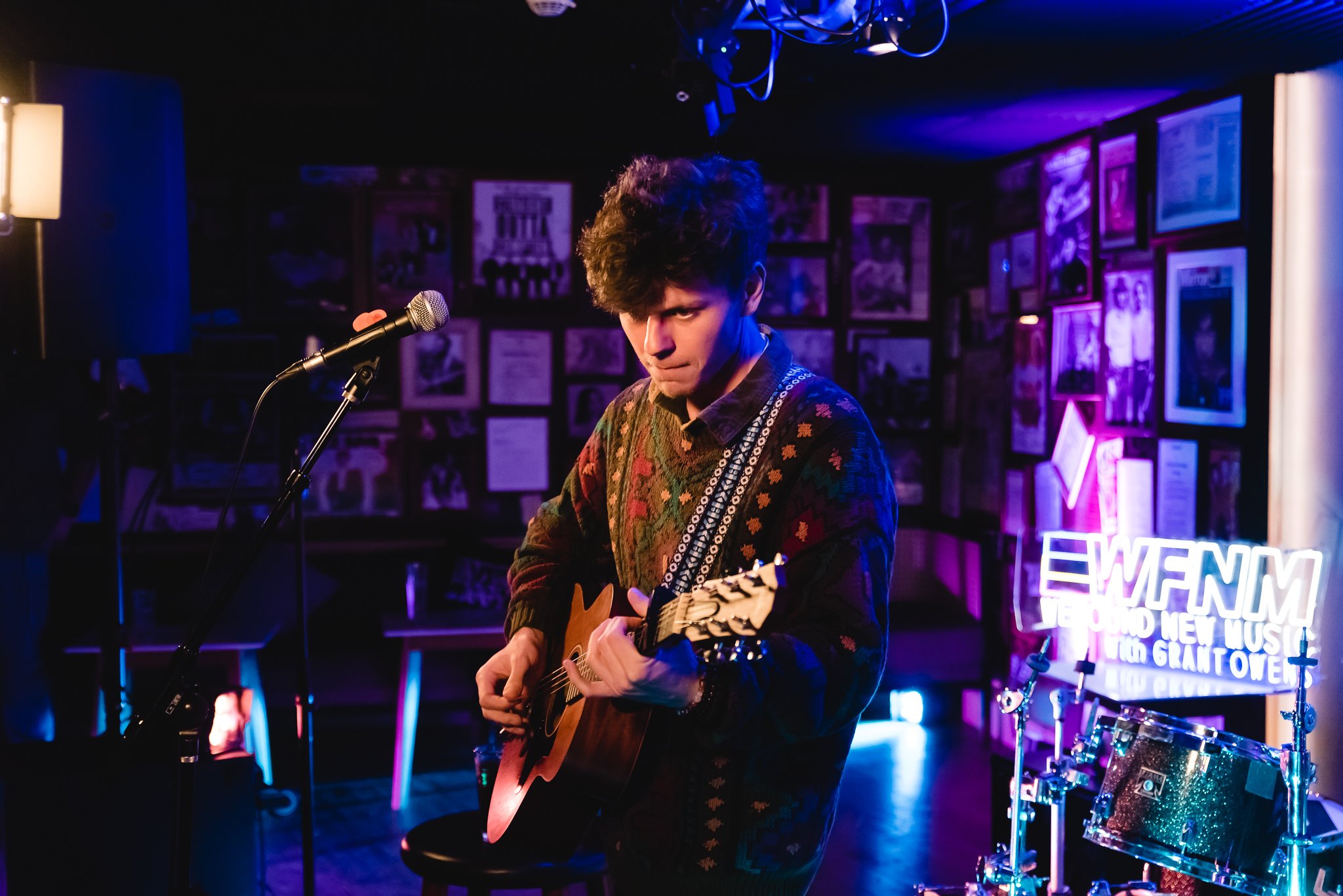
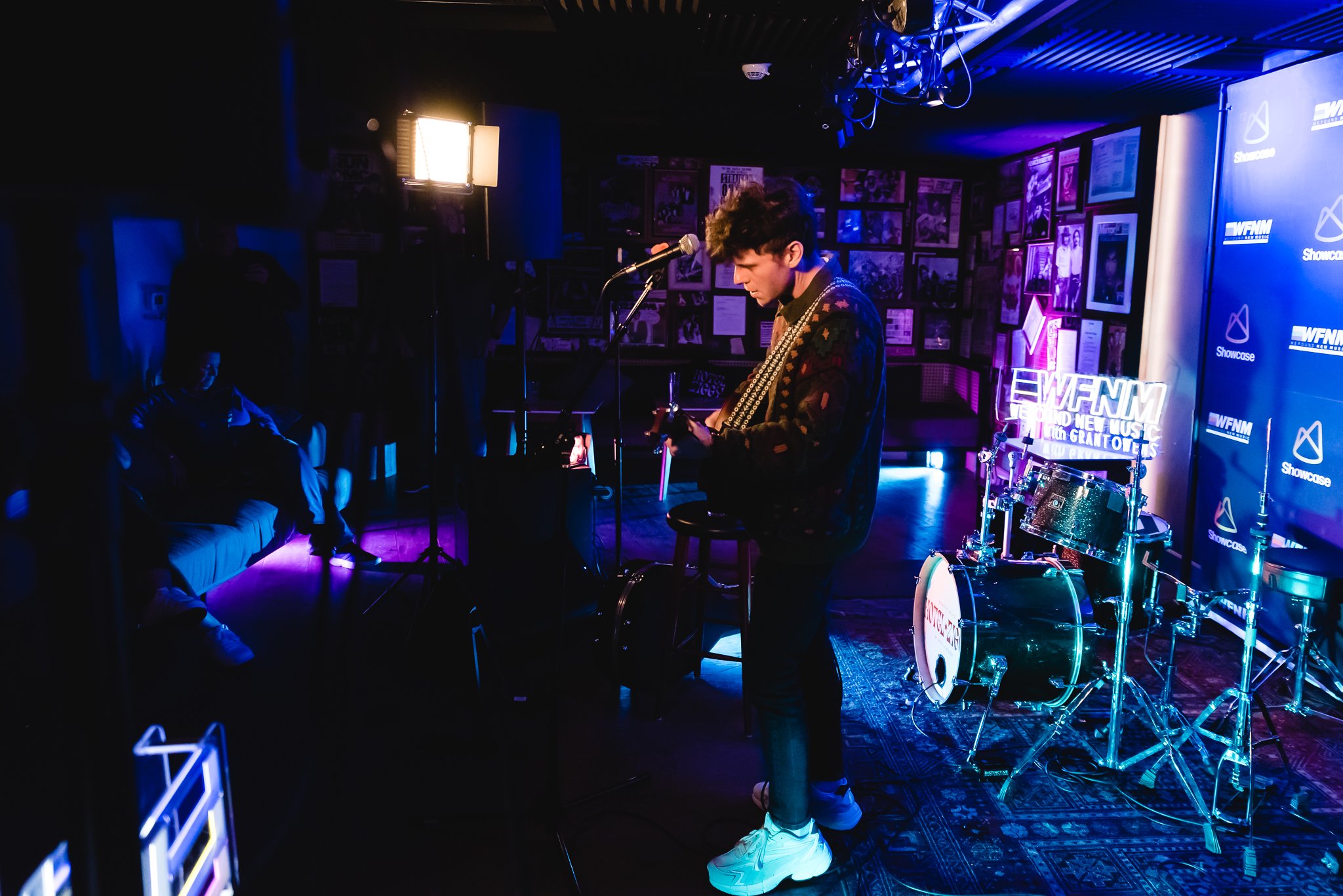
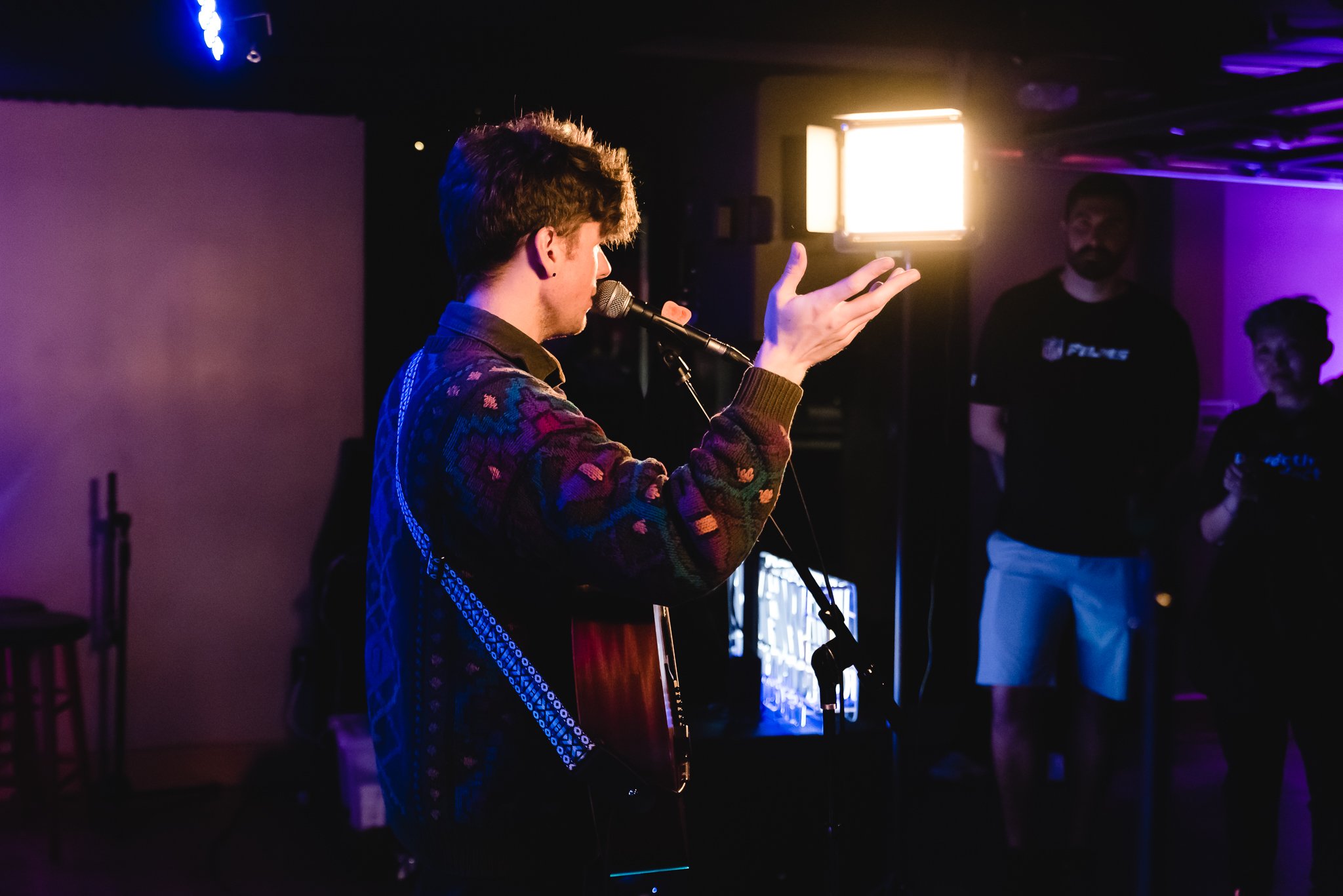
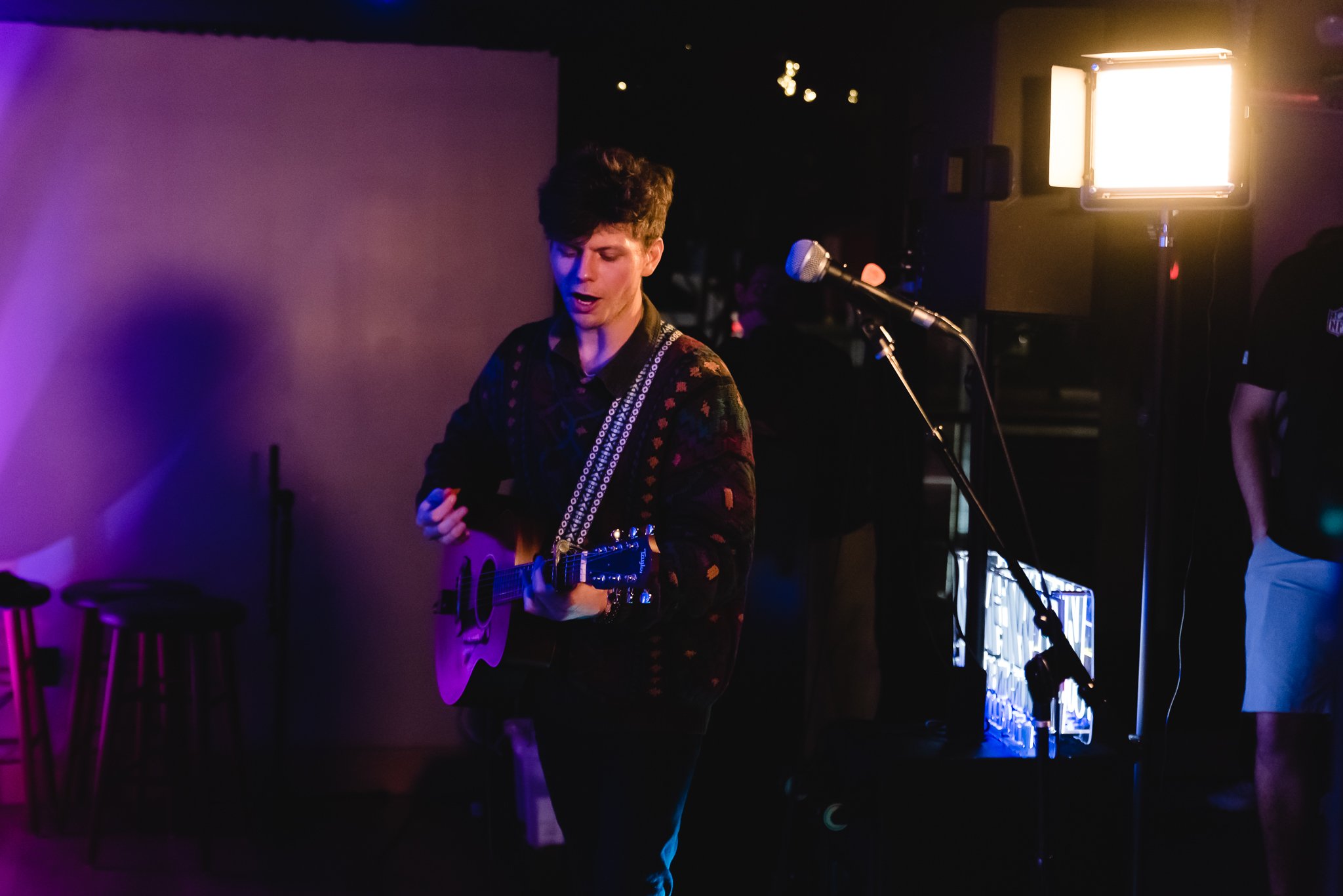
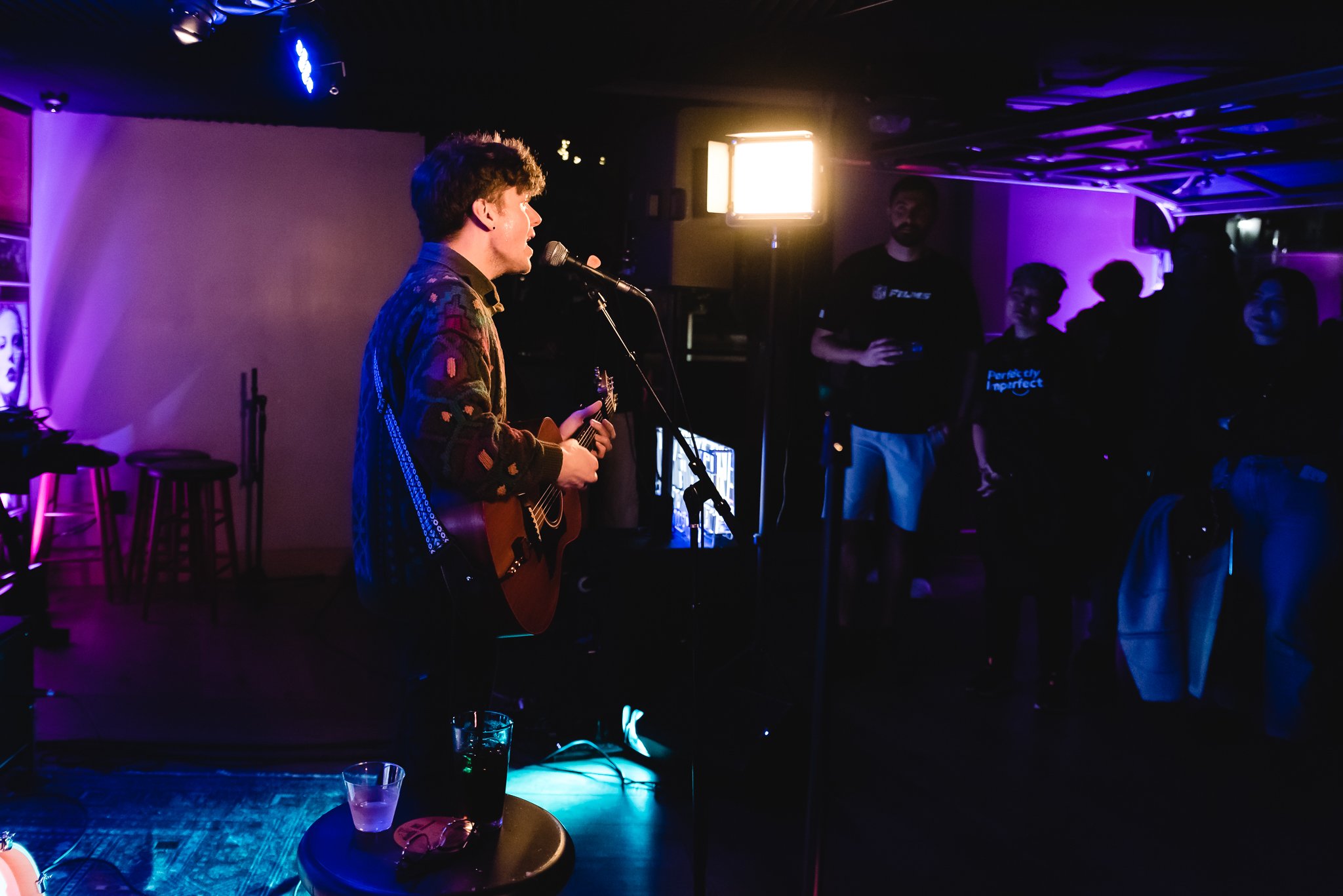
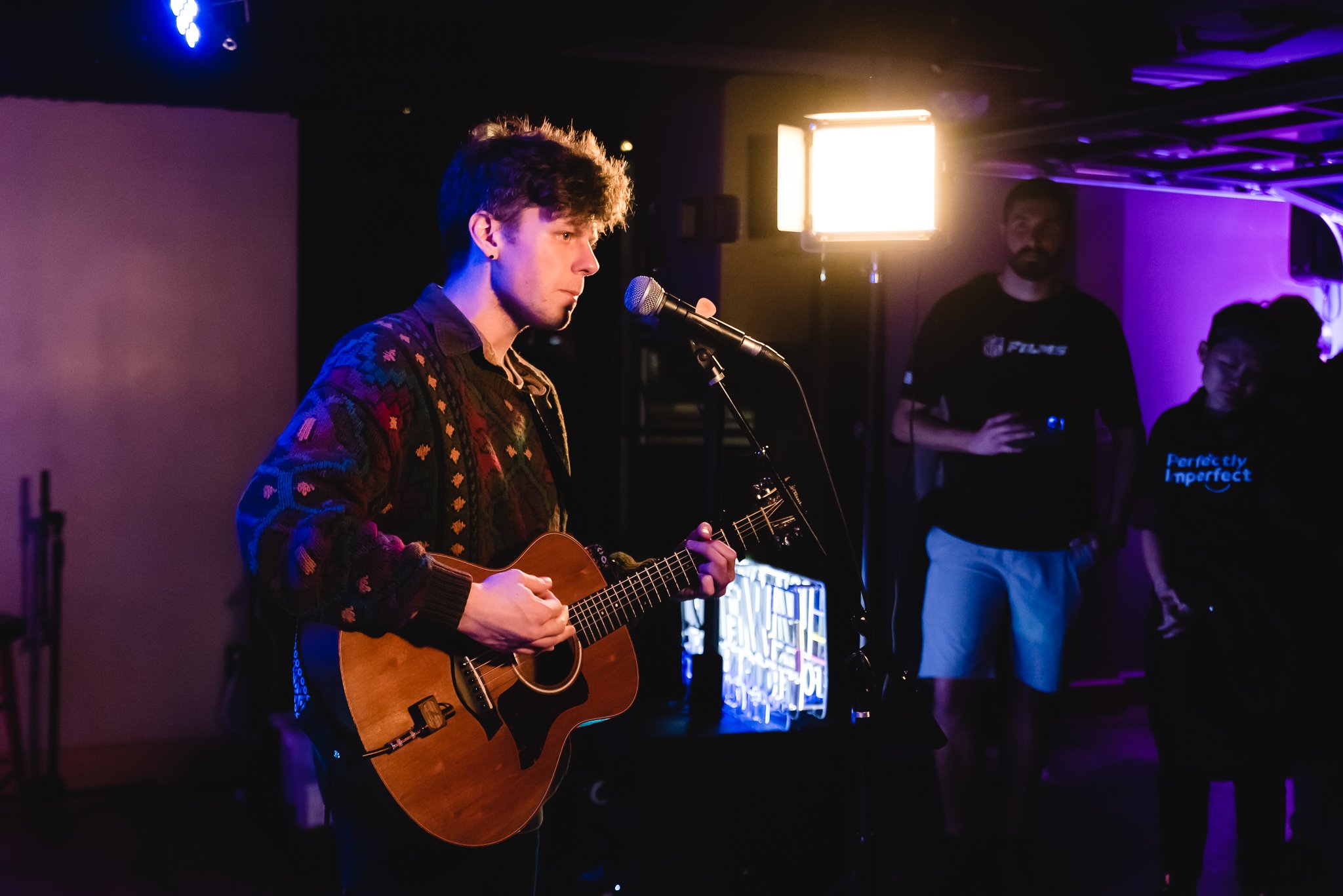
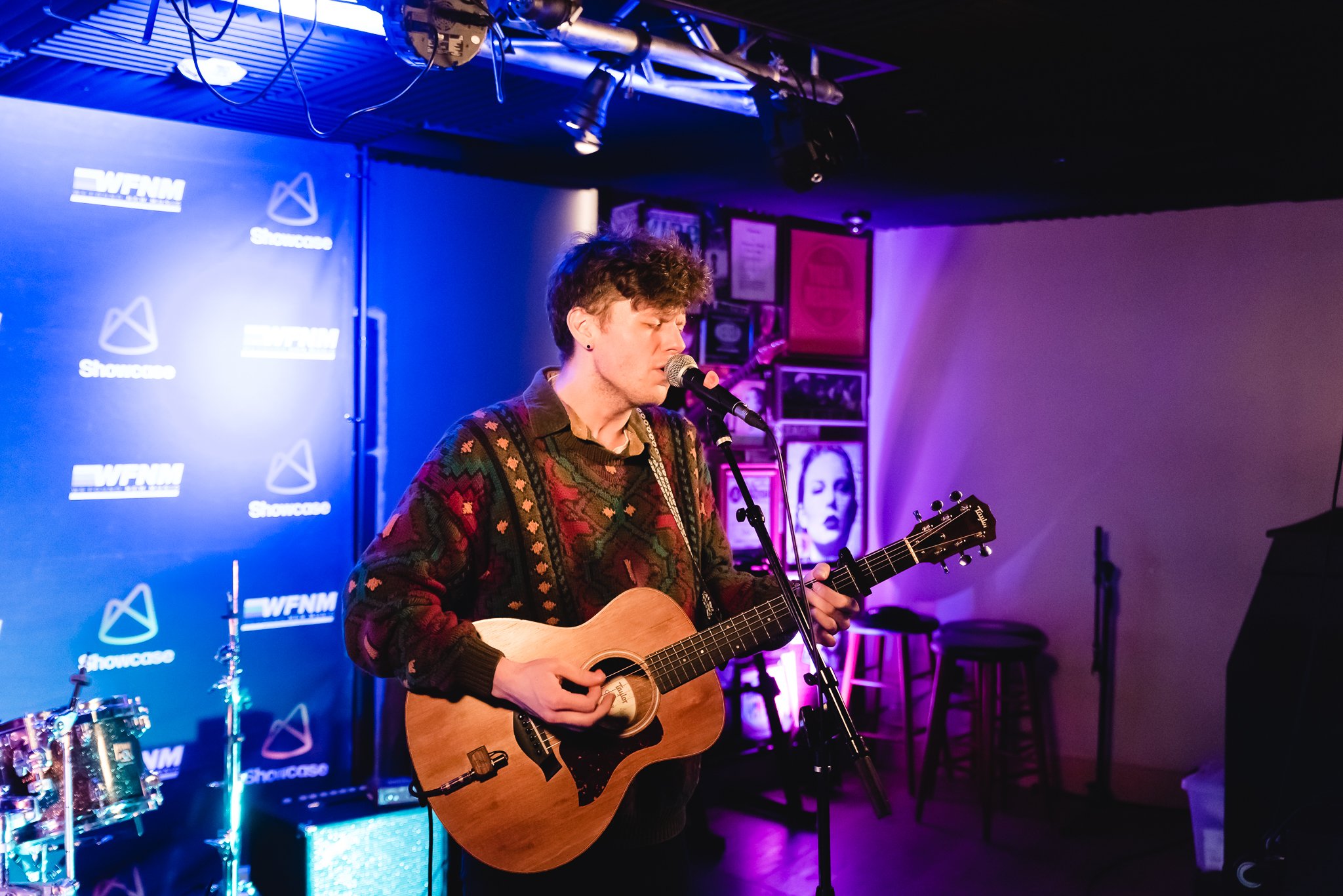
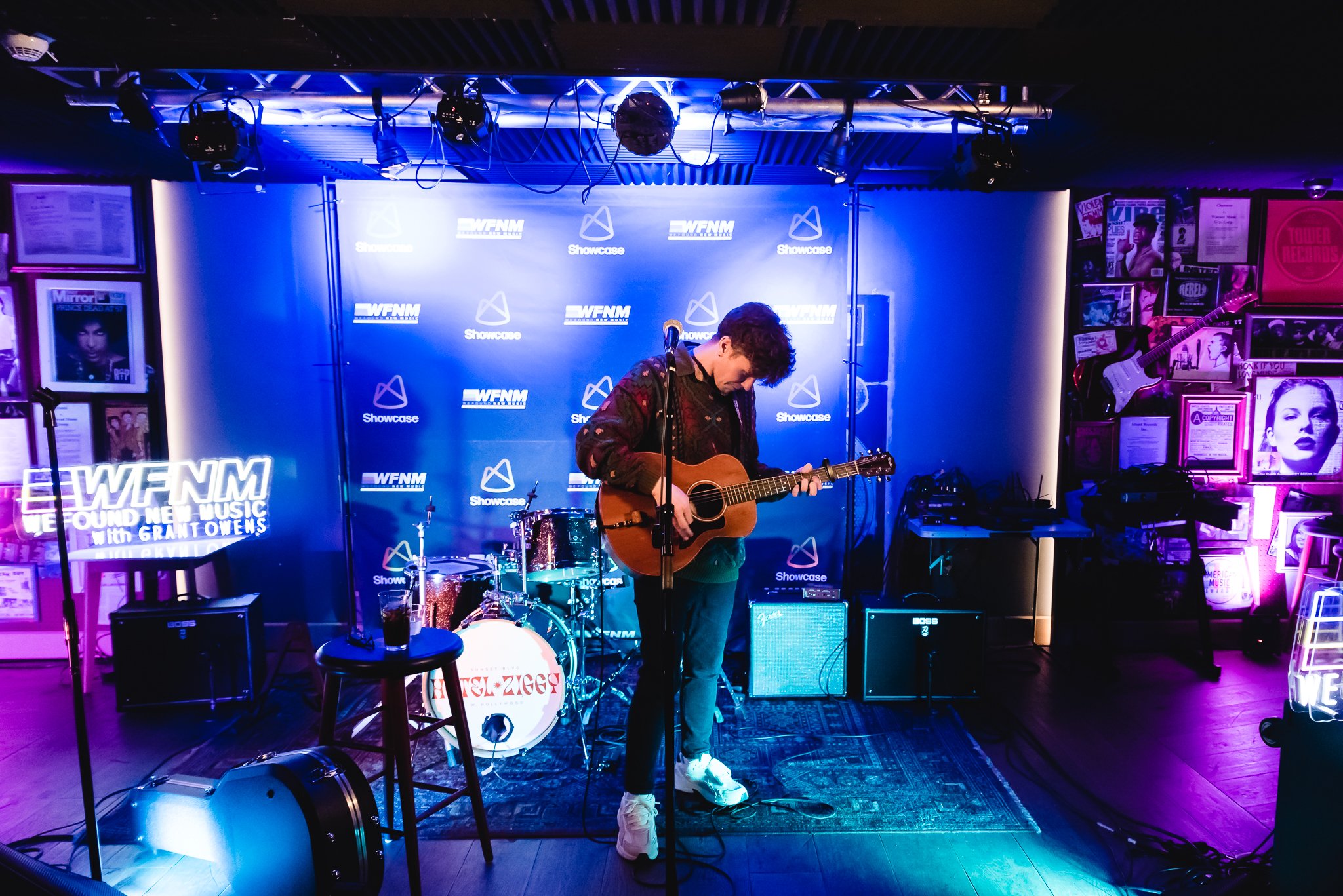
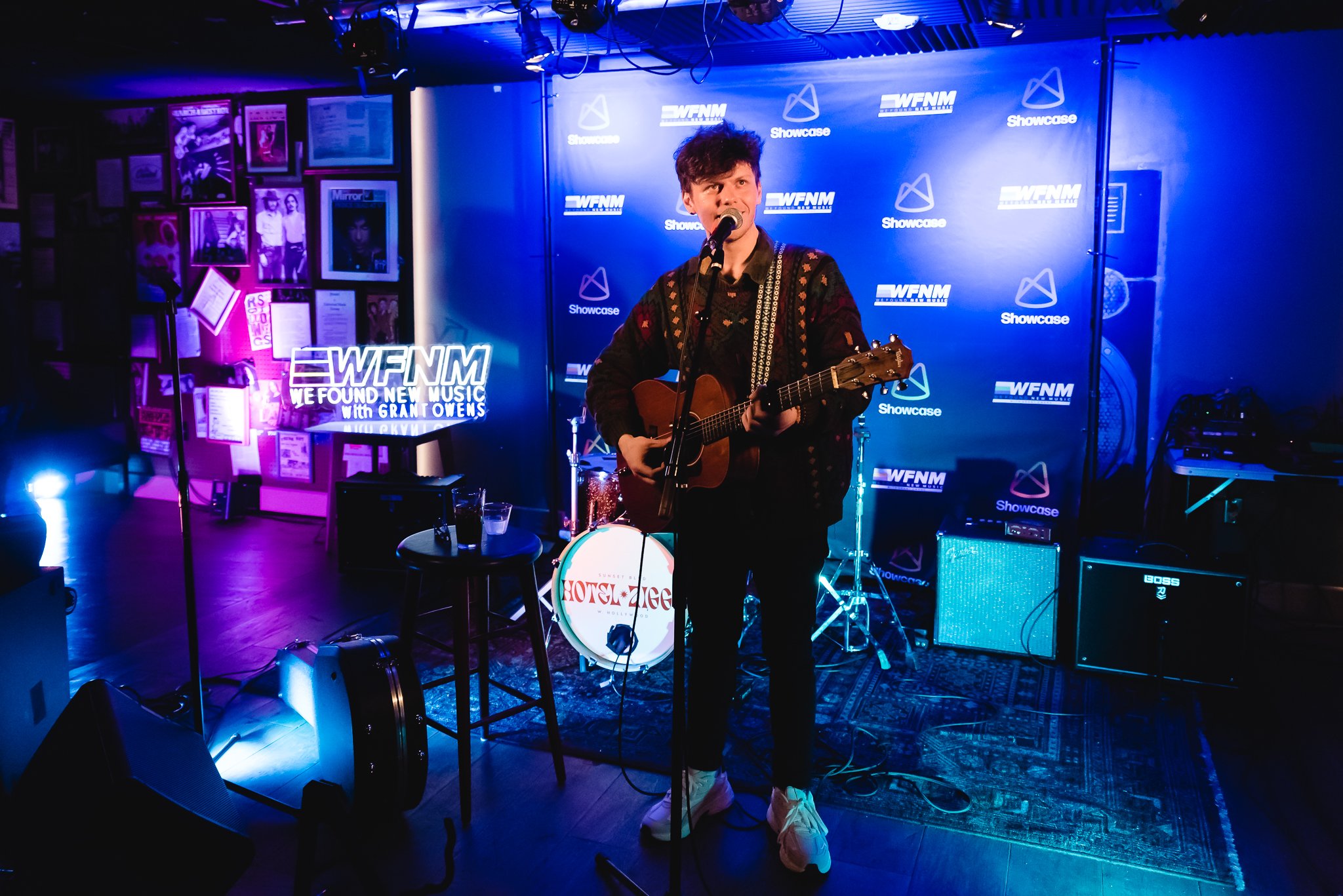
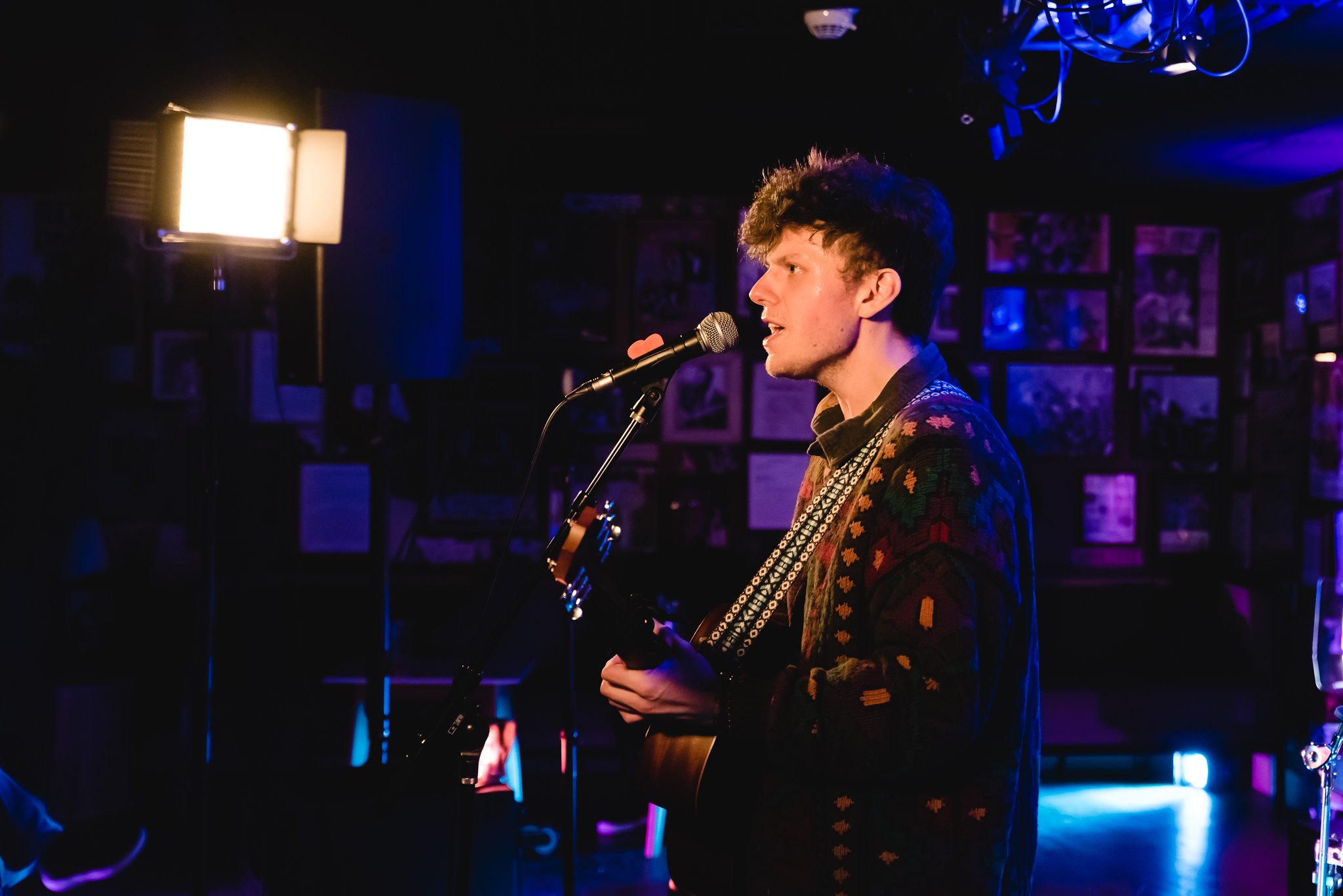
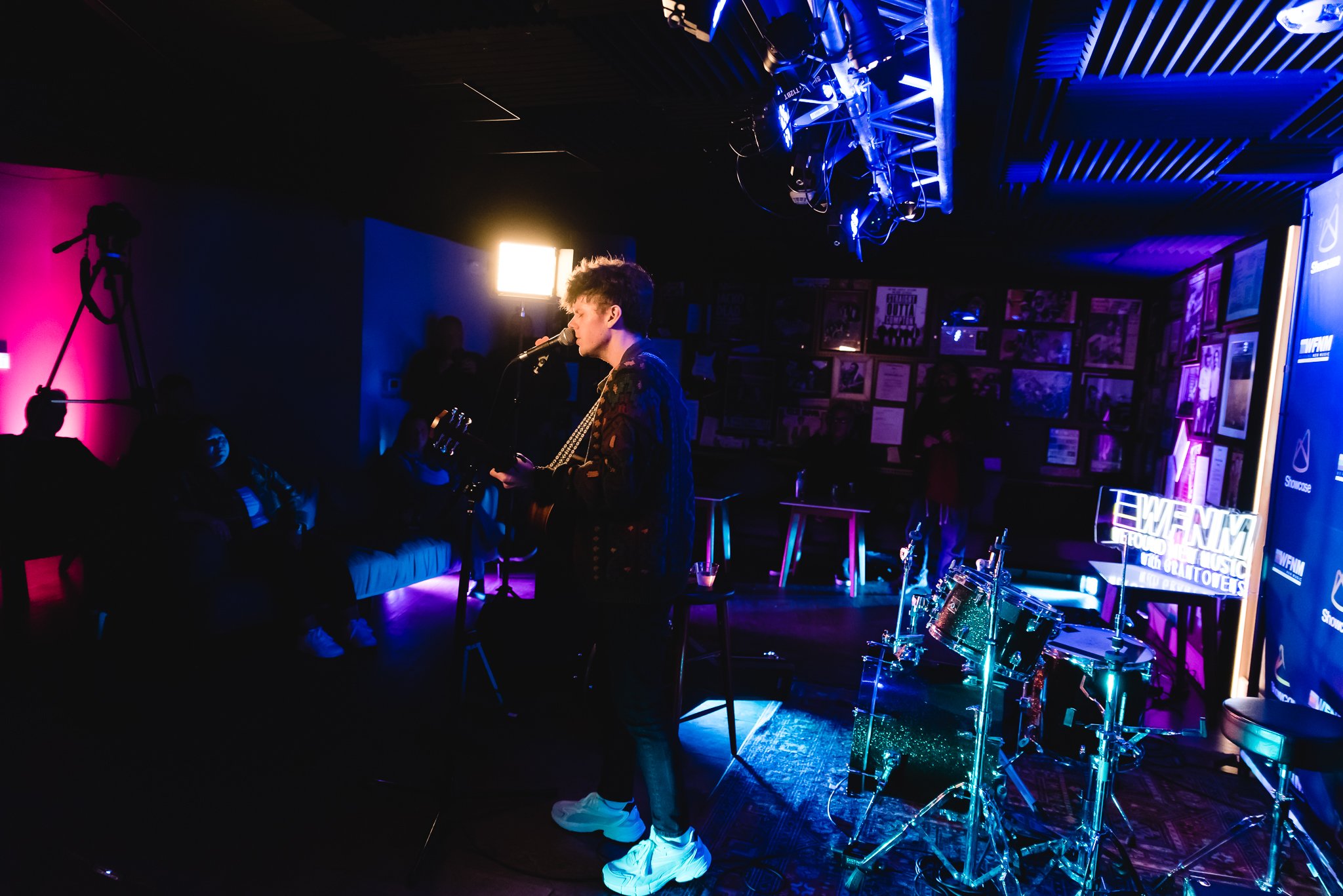
But there’s a freedom in not caring about some of it. Chronic pain changes you, and sure – it can make you stop caring about your passions – but if, and when, things get better (not cured, but maybe less bad), it’s like coming back from the dead. You realize how much just doesn’t matter. Status and money and what other people think – none of that is important. Not that I’ve ever been one to bend to what other people want (I’ve always been individualistic) – but now I care even less about making other people comfortable. I’m more concerned with speaking my own truth and living authentically.
At Ziggy, I’m overcome with emotion as Chaz plays “Poison Ivy”, an upbeat song about realizing someone who’s no good for you is rubbing off on you. It takes me back to June and November of 2022, when I lost a boyfriend and then a best friend who couldn’t handle my pain, couldn’t grasp that it had fundamentally changed me. Being in pain isolates you and makes you isolate yourself. It makes you crave connection and support while also forcing you to come to terms with how healthy the relationships in your life really are and whether you want to actually keep up with them or whether you have it in you to end things right now. Pain has certainly made me hyperaware of other people’s bullshit and who really is (and isn’t) there for me.
On “Oakblood”, a rallying cry of perseverance and finding hope when there is none, Chaz sings, “Here, between the passage/ Of what’s before and after/ Feels like everything’s crazy.” Don’t get me wrong – I’m immensely grateful for treatments that have vastly improved my quality of life and made me overall a much more functional human being – but man, I wish I didn’t have to deal with phone calls to insurance and unpredictable side effects (like full body hives from a medication I’d taken without issue for almost a year) and spending time and money traveling across the city to appointments and, you know, getting needles shoved in my scalp. Simply dealing with it all is exhausting; will I ever get to my own “after”? When Chaz played “Goodyear”, I was again deep in my feelings, wondering if someday I’ll wake up and find myself free of the pain and the chaos that surrounds it. If someday I’ll blink and this will all be behind me, a distant memory, where nothing ever hurts anymore. Is there any point in believing that – and any hope if I don’t?
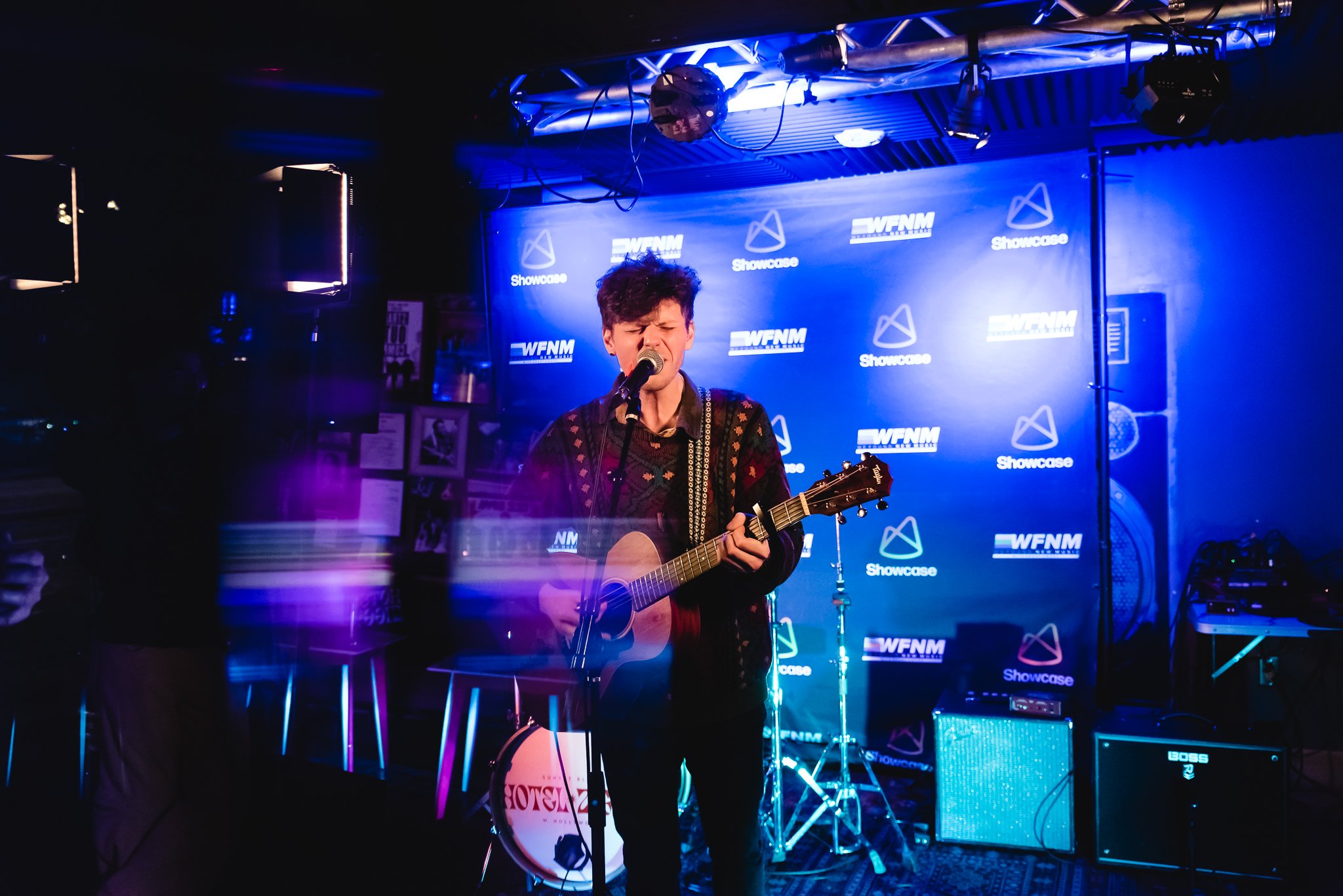
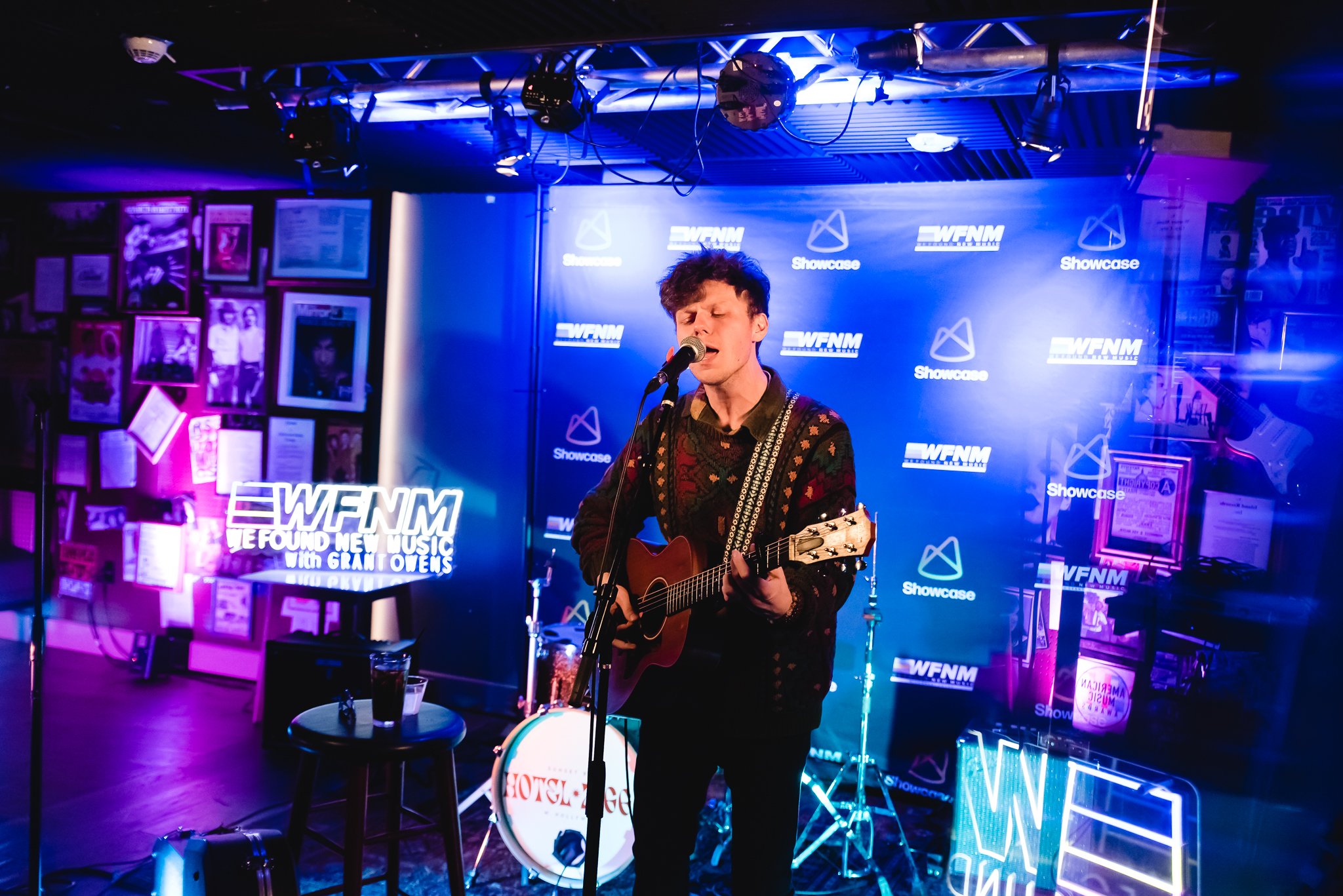
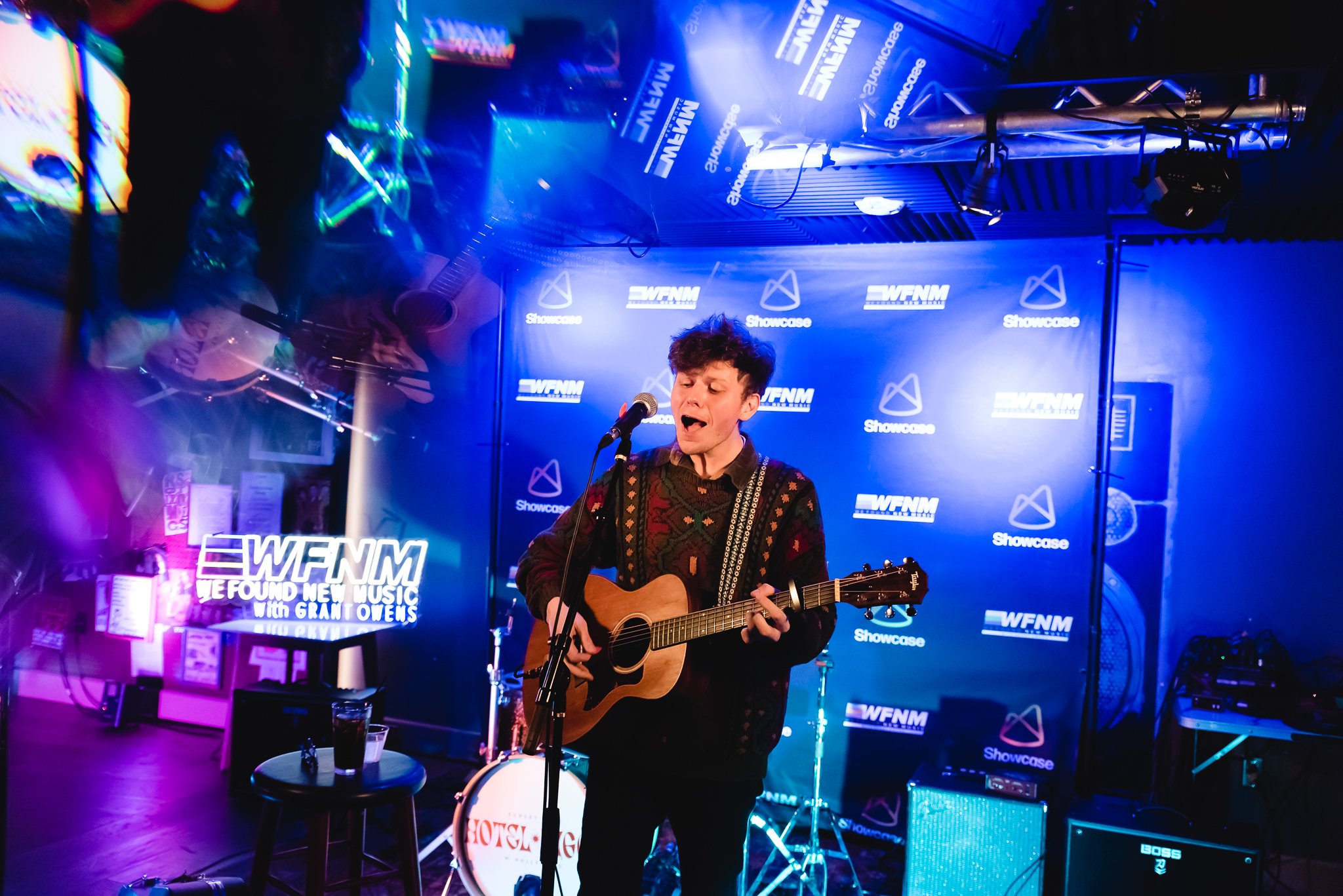
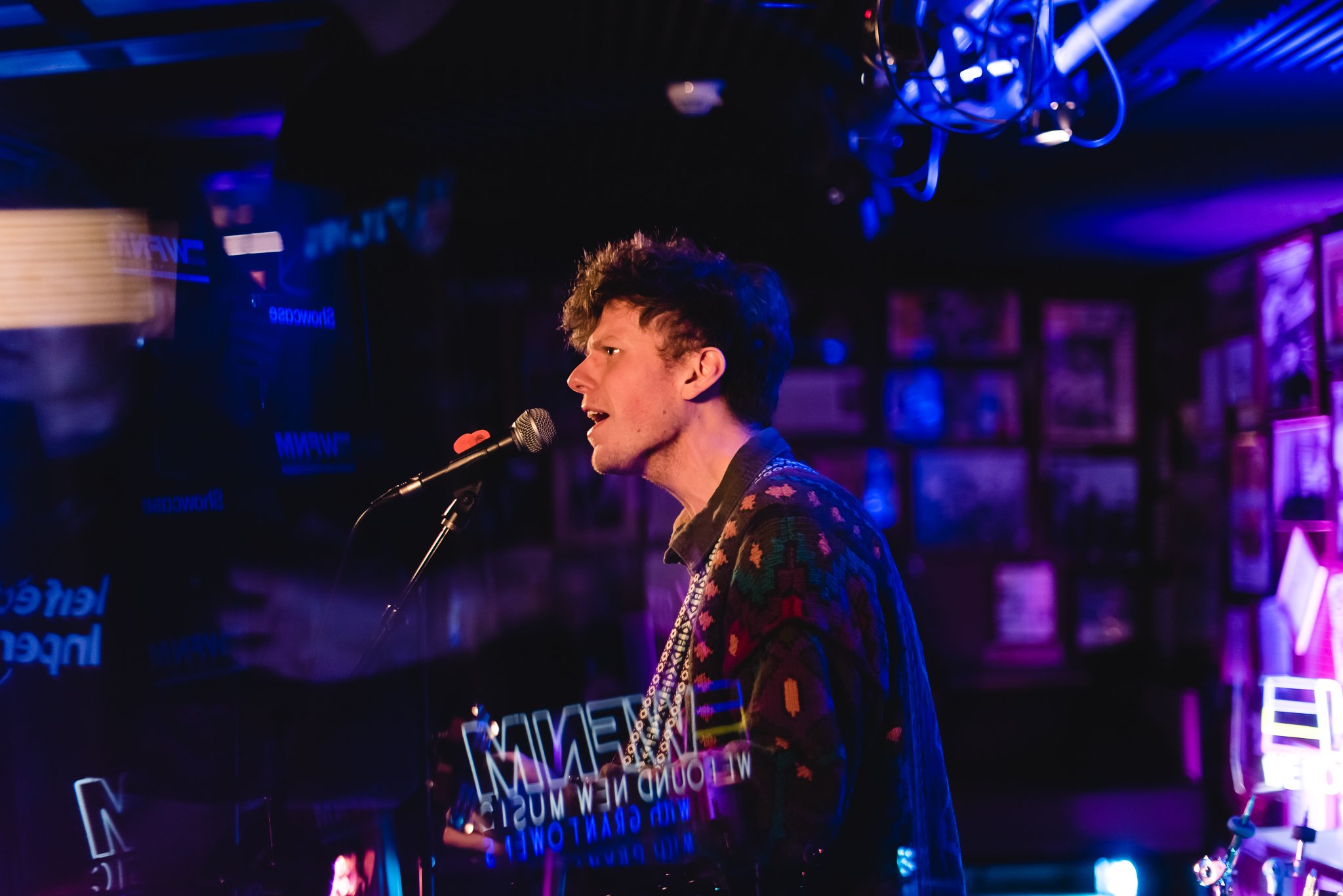
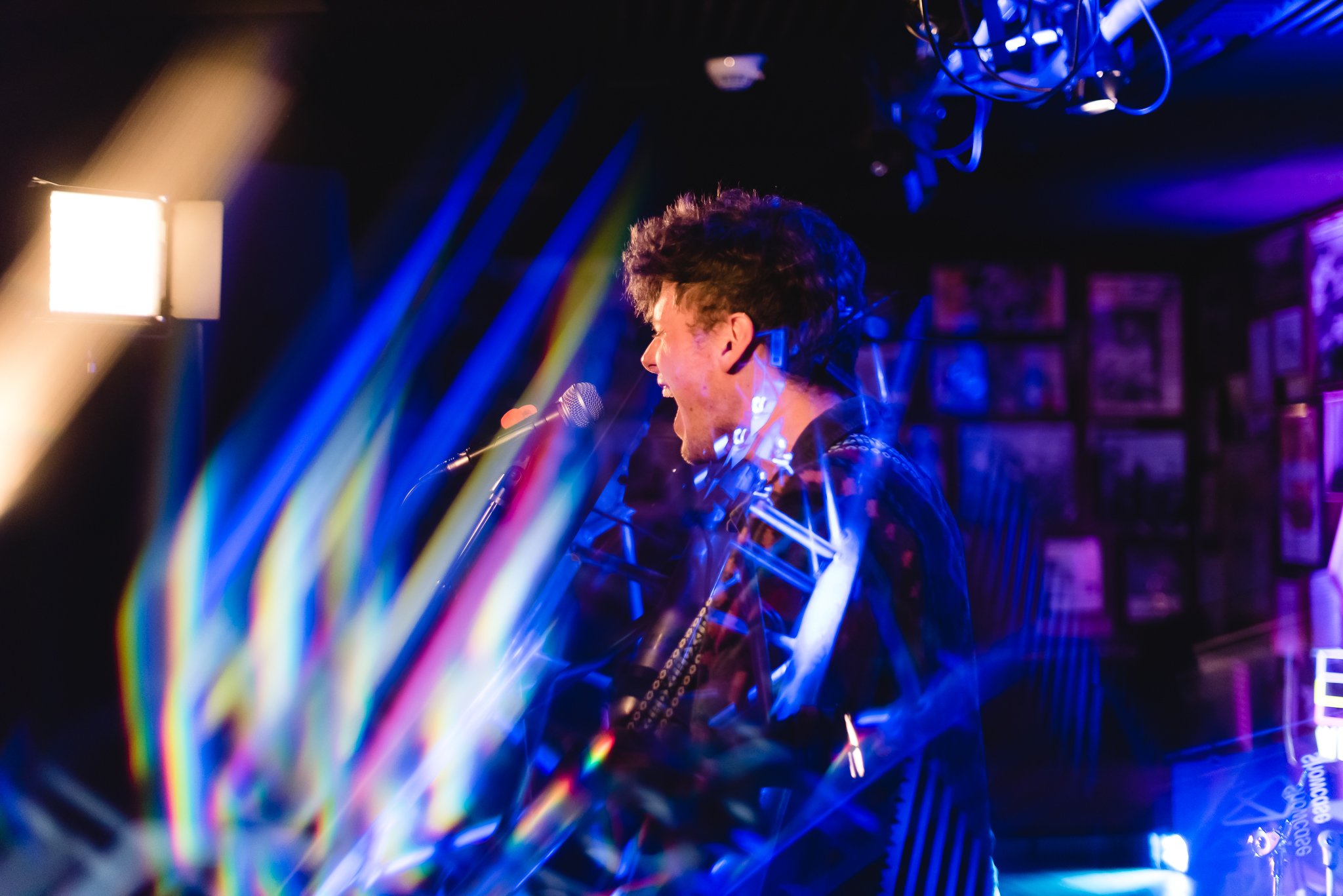
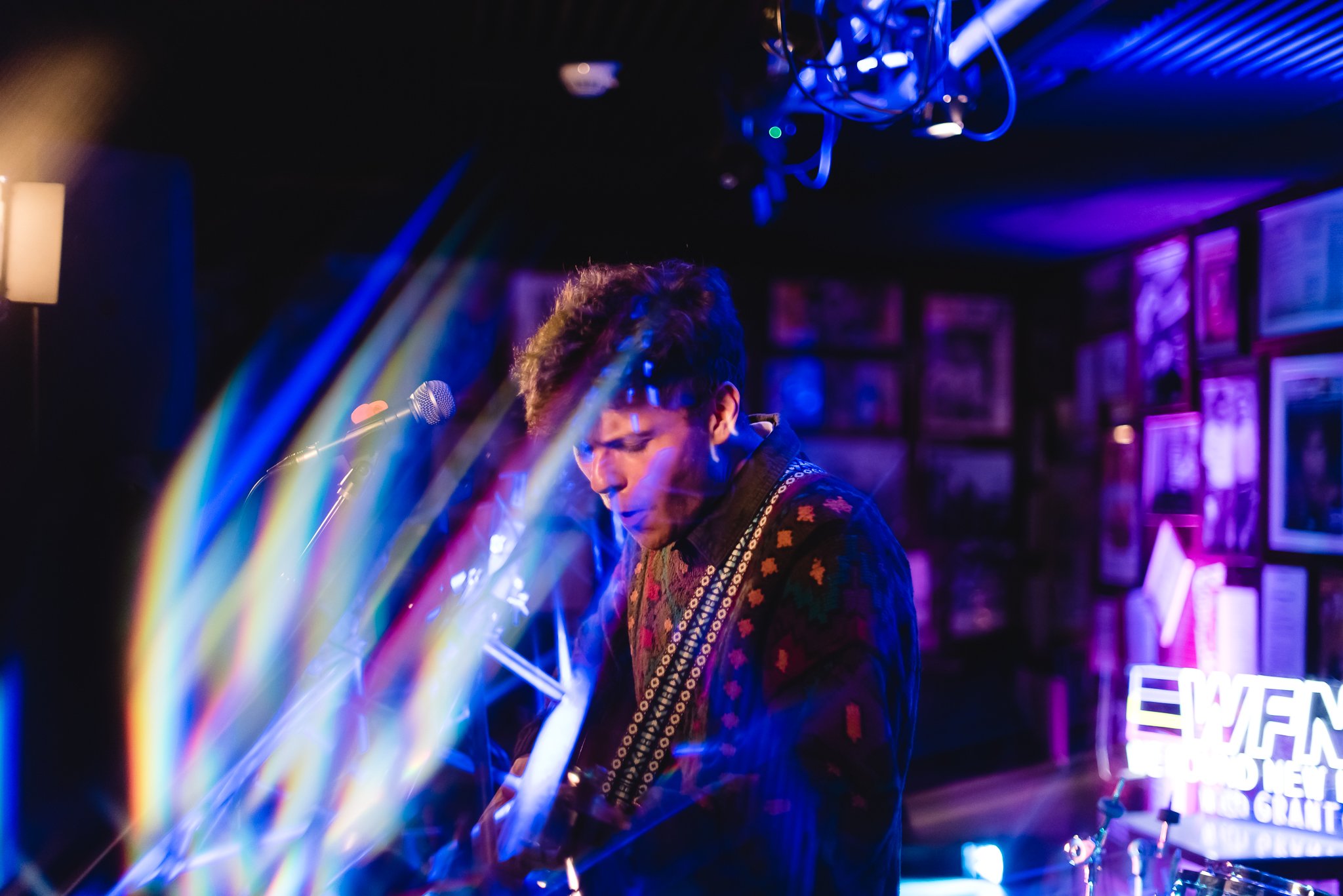

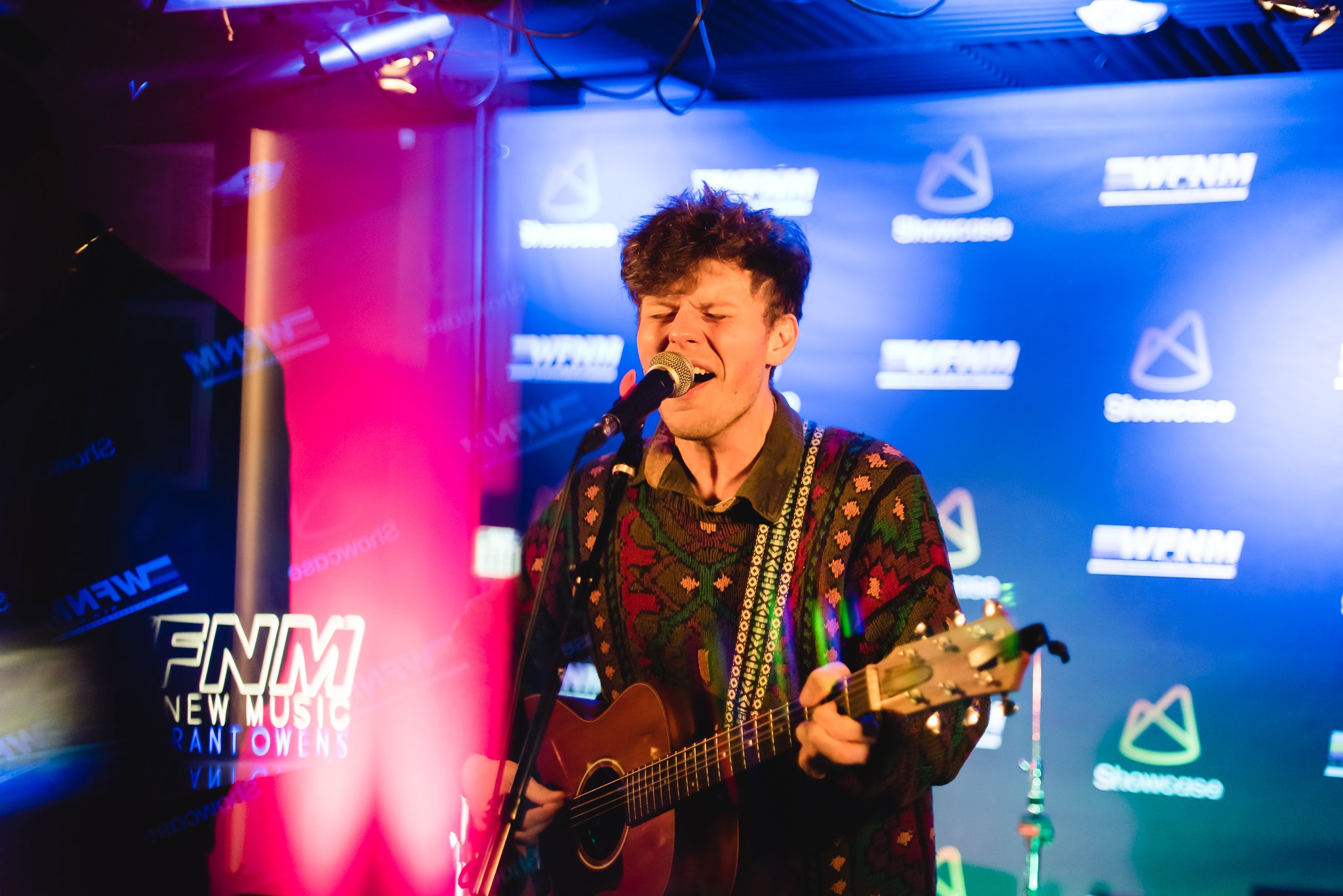

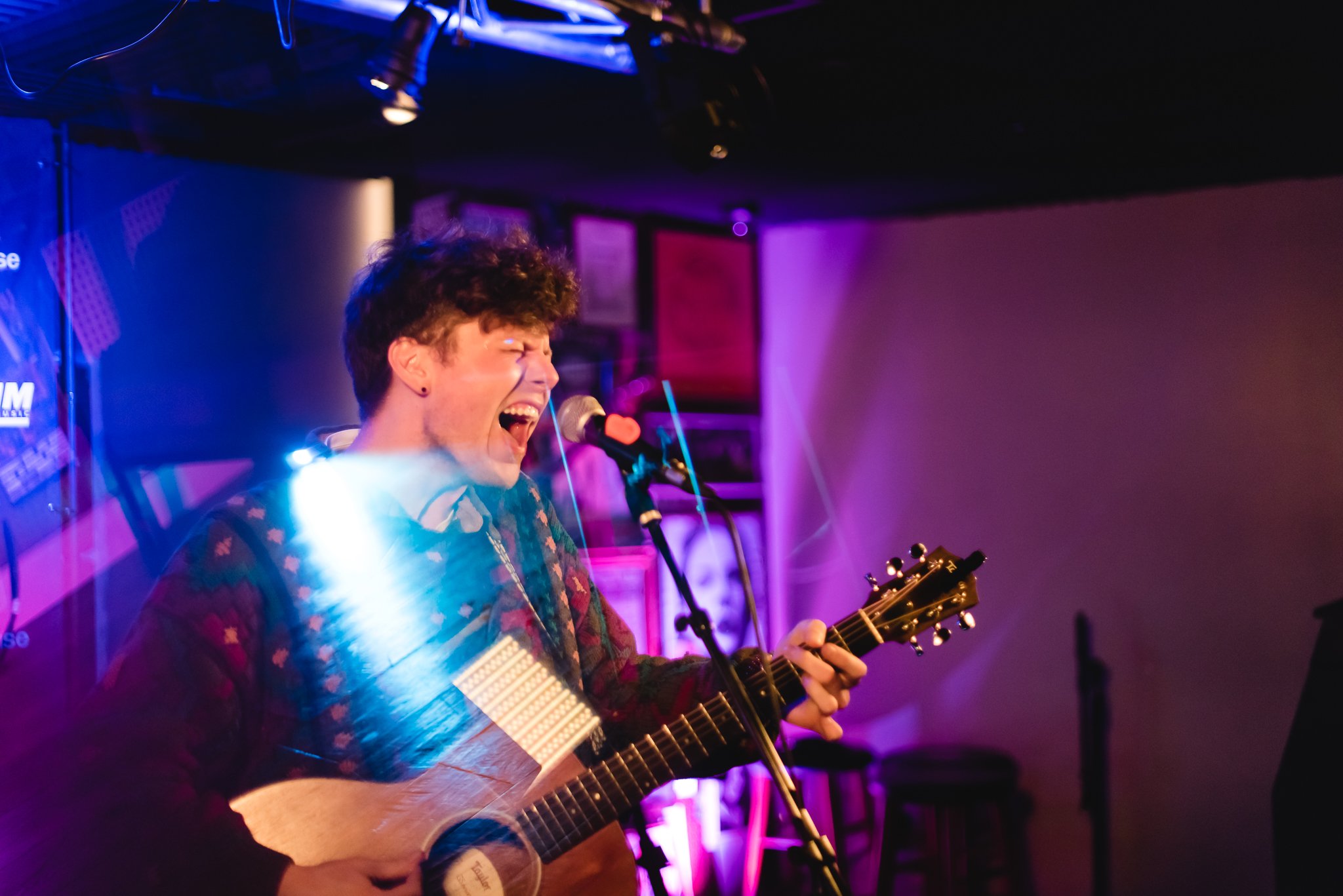
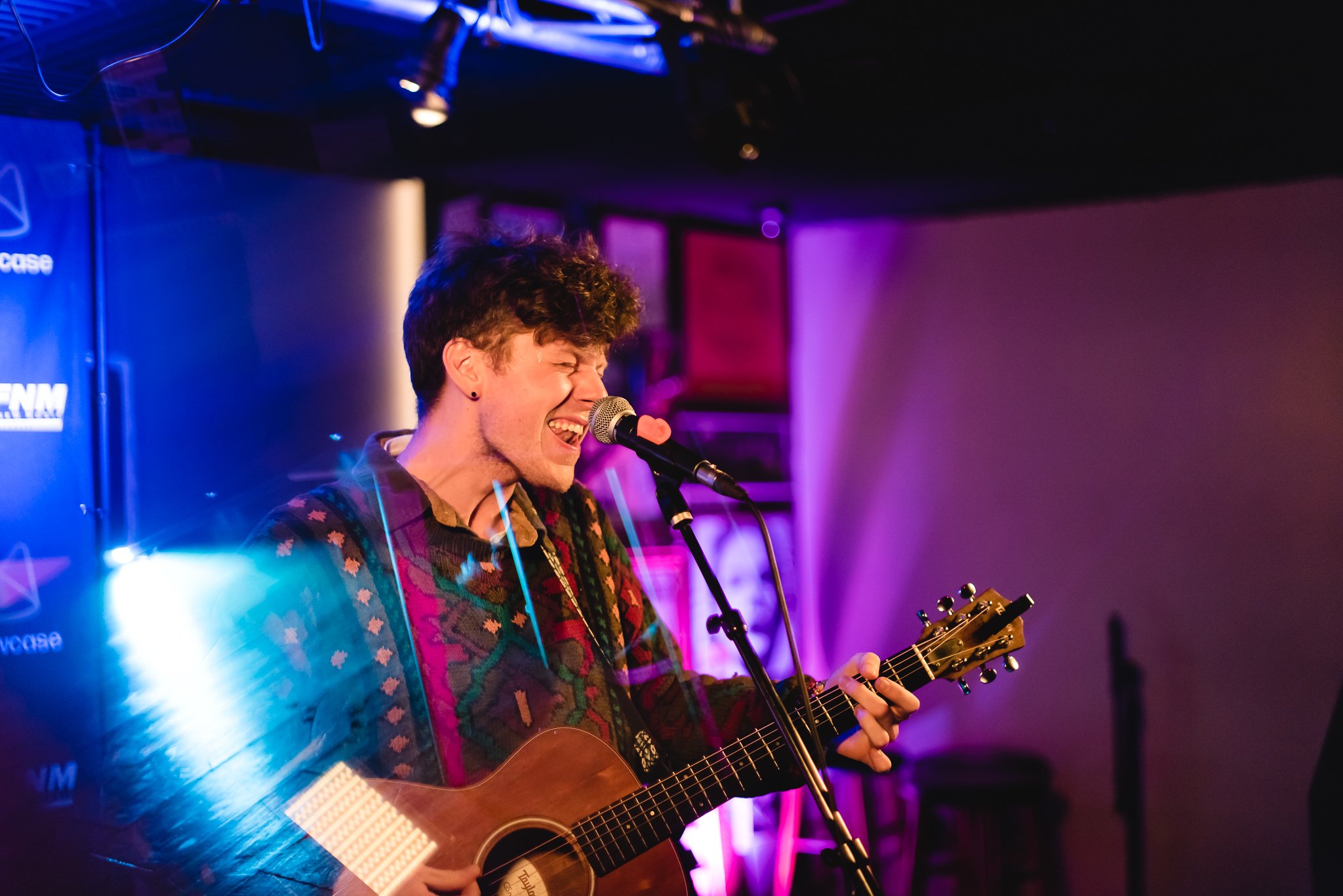
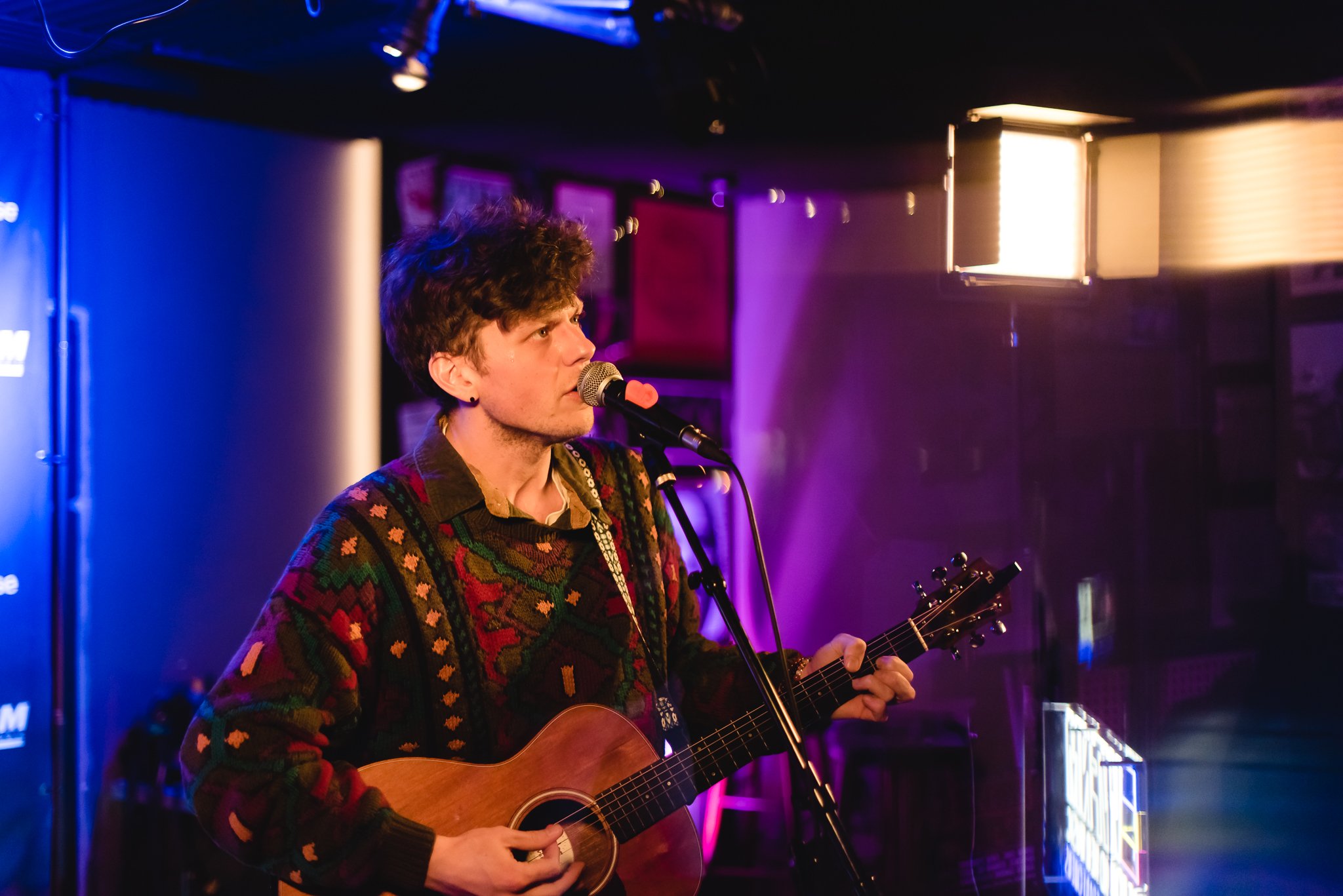
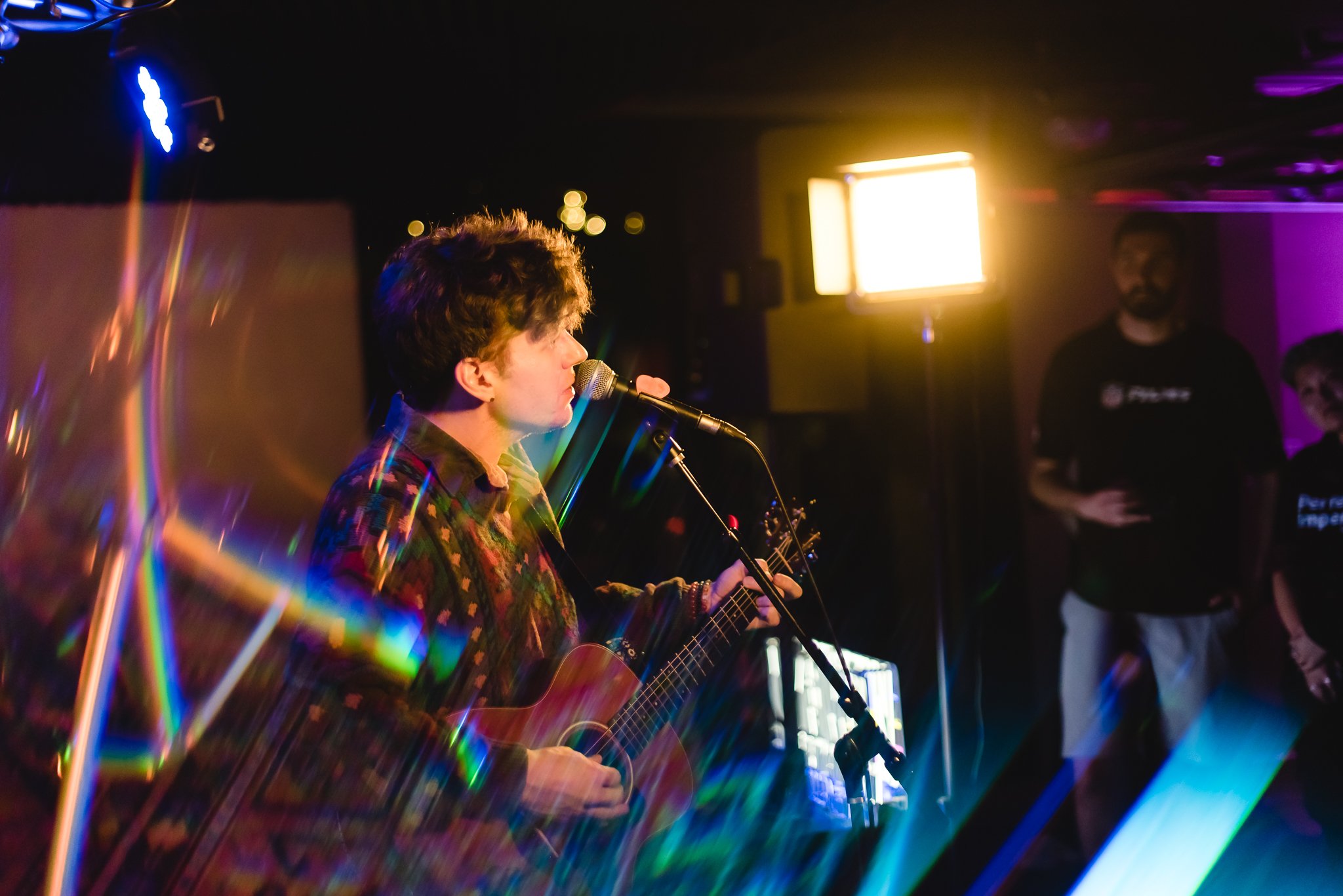
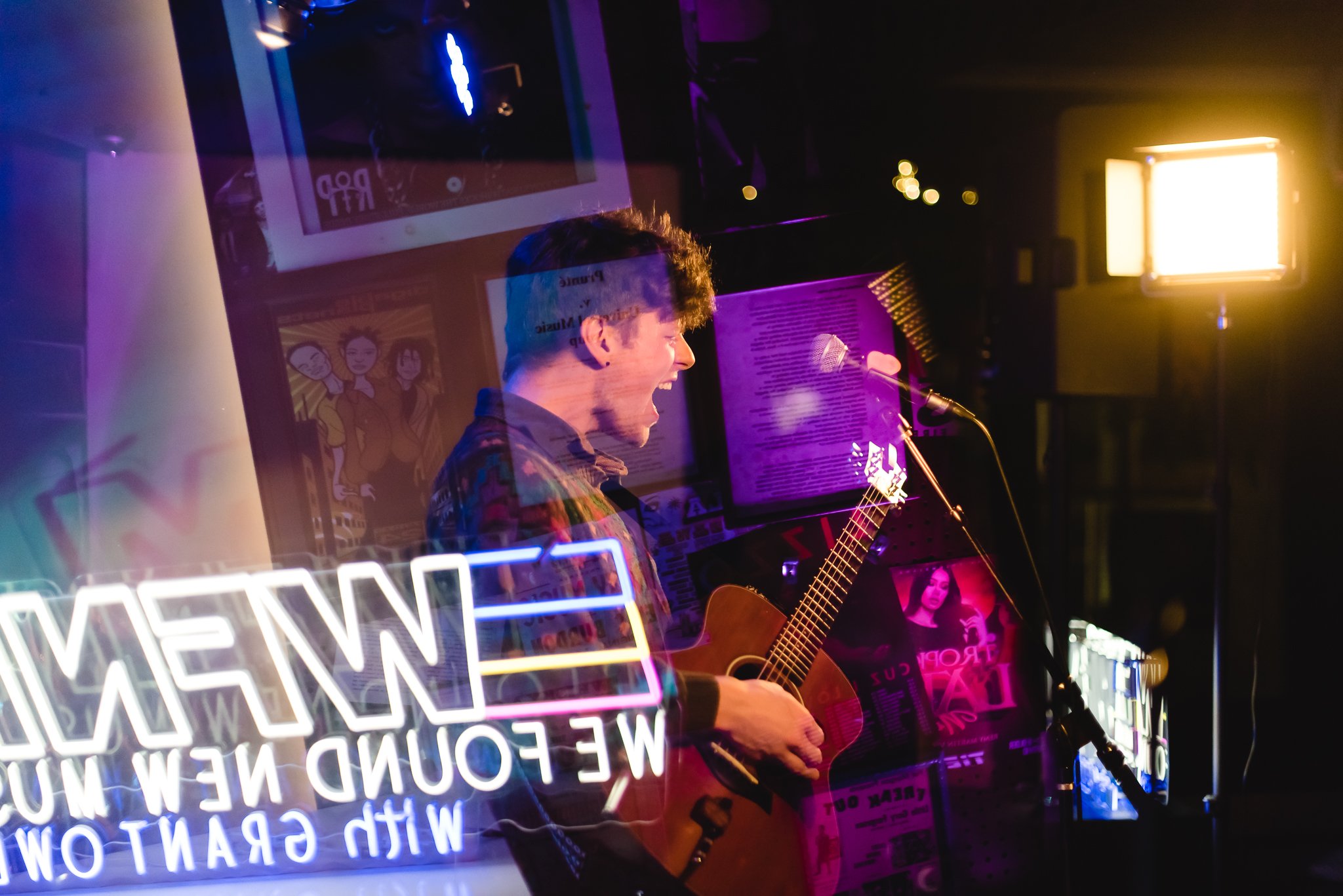
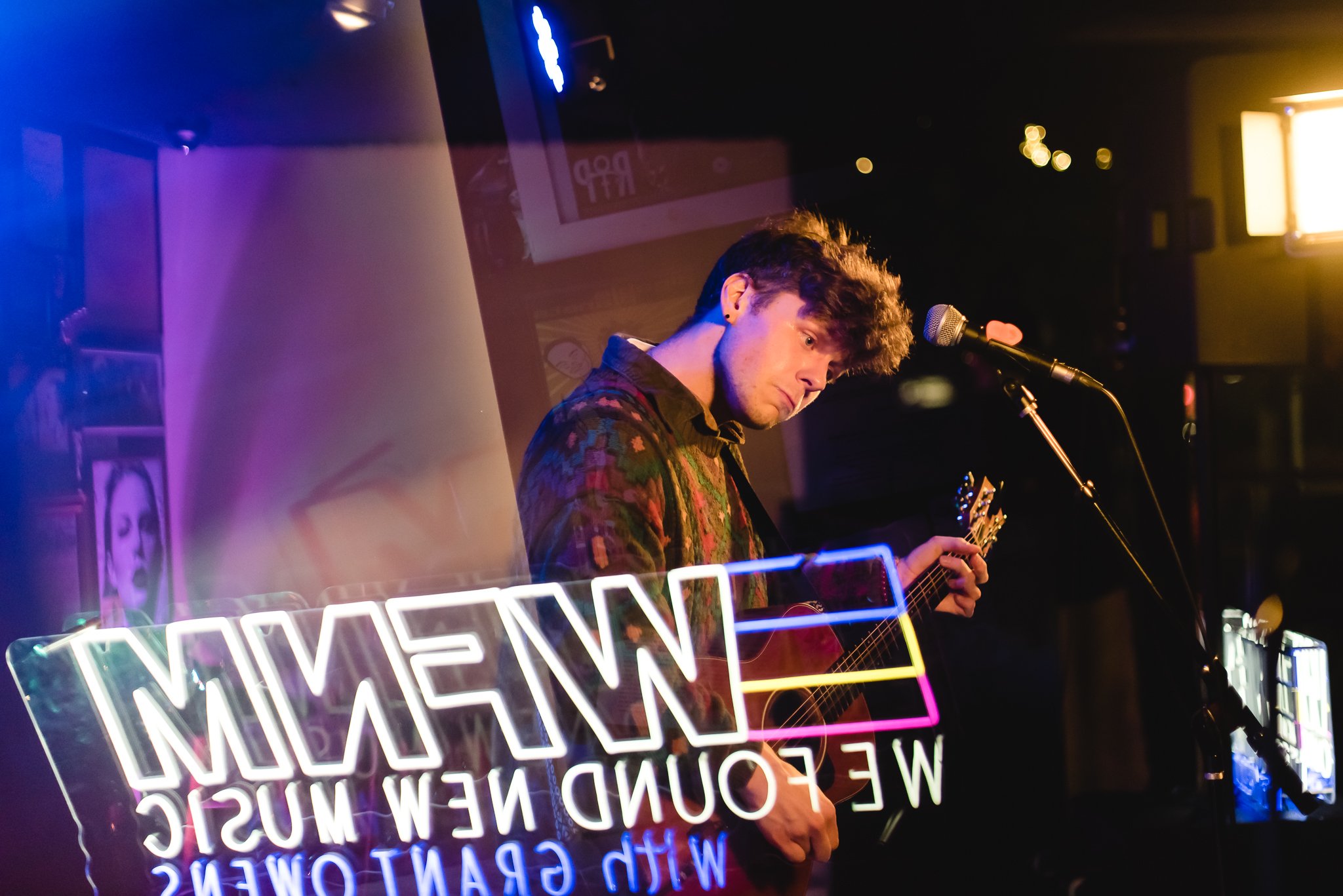
Knowing how much I should or shouldn’t talk about pain is its own constant struggle. Of course I want to be open and honest and vulnerable with my friends – how else can you feel connected to anyone? – but I don’t want to scare anyone off. Make no mistake – my pain and quality of life have absolutely improved since the infamous 115 day migraine attack last winter. The tough part is explaining that while my head still hurts almost every day, it hurts a lot less, the pain is less severe and over a smaller area of my head, and sometimes it doesn’t hurt – but people don’t always care to hear the nuances; they just want to hear that it doesn’t hurt anymore.
A lot of people truly don’t grasp that sometimes pain doesn’t get better. “My pain got better and went away completely, when will yours?” It probably won’t. Actually, I’m in a lot of pain right now. People assume that if you share your pain in the moment, that must mean you want pity. But I don’t want pity, nor do I want to be seen as a martyr or warrior for simply doing my best to exist and sharing my truth in the moment. I just want to exist, and to be loved for who I am in the moment I’m in.
Accepting that pain can be chronic is incomprehensibly hard. So hard, that even if one day my head stops hurting for good, I know I will be forever changed by this. I was changed when my headaches suddenly got bad in August 2022. Changed again that fall, when things were supposed to get better but instead got worse. Changed again throughout the 115 day migraine attack, as this and this and this and *this* didn’t make the pain stop. Changed again after things got better and then when they got bad again. For the better? For the worse? For good. Even if I were to reach my own “after”, this type of pain is something you can’t forget.
On his website, Chaz describes Glassland: “My first full-length album! 11 songs from my hard drive, to yours. Dance, make out, and use your Joy as a weapon.” It’s a funny thing, sharing your joy when you have chronic pain. Just as most people can’t grasp that your pain doesn’t just go away, they can’t grasp that you can be in pain and be happy. If you’re smiling, it can’t hurt that bad. Except what if it always hurts that bad? If it always hurts that bad, then happiness won’t make it worse – so you might as well smile. A Year In Glassland reminds me that I am more than my pain, while also not ignoring that I am forever changed by it. It accepts me for where I’m at and allows me to feel both joy and pain simultaneously – and it’s in that that I find the greatest comfort.








